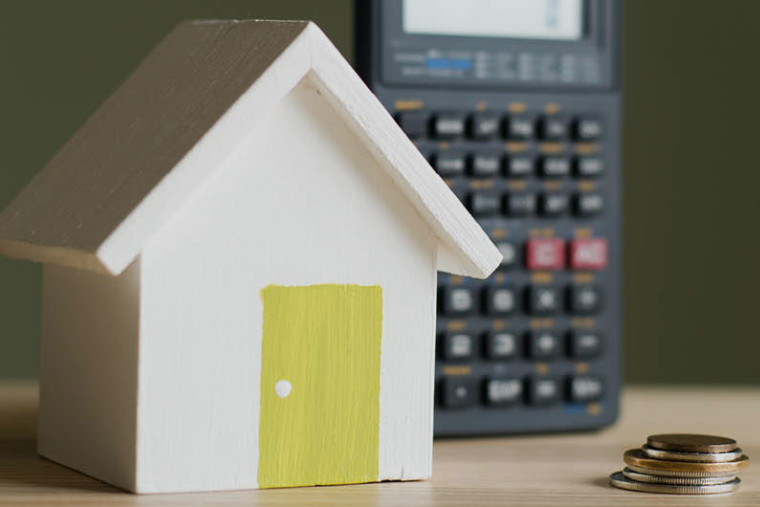30 November 2022 ·
Mortgage deals and interest rates, made simple

There are likely many people across the country feeling a little confused and unsettled about what’s happening in the economy at the moment, particularly when it comes to mortgages and interest rates, which feel like they’re changing almost weekly. If you’re one of those people and would like some answers in plain terms, keep reading…
What’s actually going on?
There are a number of factors that are causing inflation in the UK right now, primarily things like the rising cost of fuel and energy, which has a knock on effect on the costs of every day household goods, including food.
The Bank of England has a responsibility to try and keep inflation under control - low and stable, this is done by increasing interest rate – the “base rate” – which influences people to spend and borrow less. This consequently causes businesses to reduce rates/prices in order to get people to return to spending. It really is a delicate balancing act.
Currently the interest rate in England is at 3% (Nov ‘22), having risen by a whole 2.75% since the start of the year (Jan ‘22),. It’s predicted by some that the rate could climb up to 6% by Q3 of next year (autumn). However, this is not guaranteed; Jeremy Hunt, who was appointed Chancellor of the Exchequer in October 2022, announced on 17 October a reversal of several of the tax cut measures introduced in Kwasi Kwarteng's September’s mini-budget (when he was Chancellor of the Exchequer). Further measures were also introduced by Hunt in November’s Autumn budget which may help curb this rise. Despite consumers not yet feeling the effect of this, these changes could see the predicted 6% interest rate increase flatten somewhat in the coming months.
How does this affect my mortgage or ability to get one?
There are still mortgages available, with many UK lenders returning to the market after pulling some of its mortgage products in September, which, left available would have seen them lose money. There are options out there, so it’s just a case of finding out which one suits you best, and which you’re eligible for.
Fundamentally, there are two options: fixed or variable.
Fixed mortgage rates hit their highest level since 2008 in October 2022, rising to 6.5%. Whilst this is more than double than the same period last year, the security you get from this mortgage type is that the rate won’t change for the agreed term (period of time), in line with the Bank of England’s interest rate adjustments. A fixed mortgage rate can last for one to ten years, although the most popular terms are two or five years. Currently, around three quarters of UK mortgages are fixed.
Variable rates are subject to change, meaning it’s possible your mortgage payments could fluctuate either up or down, however in the coming months it’s almost certain to increase. Whilst variable mortgages do not directly correlate to the Bank of England’s interest rate, lenders tend to set rates in response to any change to the base rate.
You can also get a tracker mortgage which is a type of variable mortgage. The factor that separates them is that a tracker mortgage follows the Bank of England’s interest rate, whereas lenders can set their own rates on a variable, although the base rate will have an influence on how they set it.
You can also get what’s called an interest-only mortgage, although these are generally less popular. With this mortgage type, you only pay back the interest on the amount you borrowed and don’t have to pay the full amount back until the mortgage term has ended. This results in lower monthly costs but will leave you with a large sum to pay off at the end of the term.
Should I wait to buy then?
As we’ve seen this year, there’s really no way to predict what’s going to happen in the market. Many predicted in late September that house prices would have dropped by now (November ‘22), however the market remains strong despite the cost of living crisis and inflation. If Jeremy Hunt’s aforementioned tax cut interventions don’t have the predicted effect of stabilising interest rates, and they do in fact hit 6% by autumn 2023, if you’re currently looking to move, now could be the best time.
During Jeremy Hunt’s 17 October 2022 mini-budget reversal, it was confirmed that that the Stamp Duty Tax cuts outlined in September’s mini-budget would remain, meaning there is no Stamp Duty to be paid on the first £250,000 of a property value or on the first £425,000 for a first-time buyer. While the Stamp Duty Tax cut was said to be a permanent measure, it is feasible government could reverse this, when the country recovers from its current economic slump.